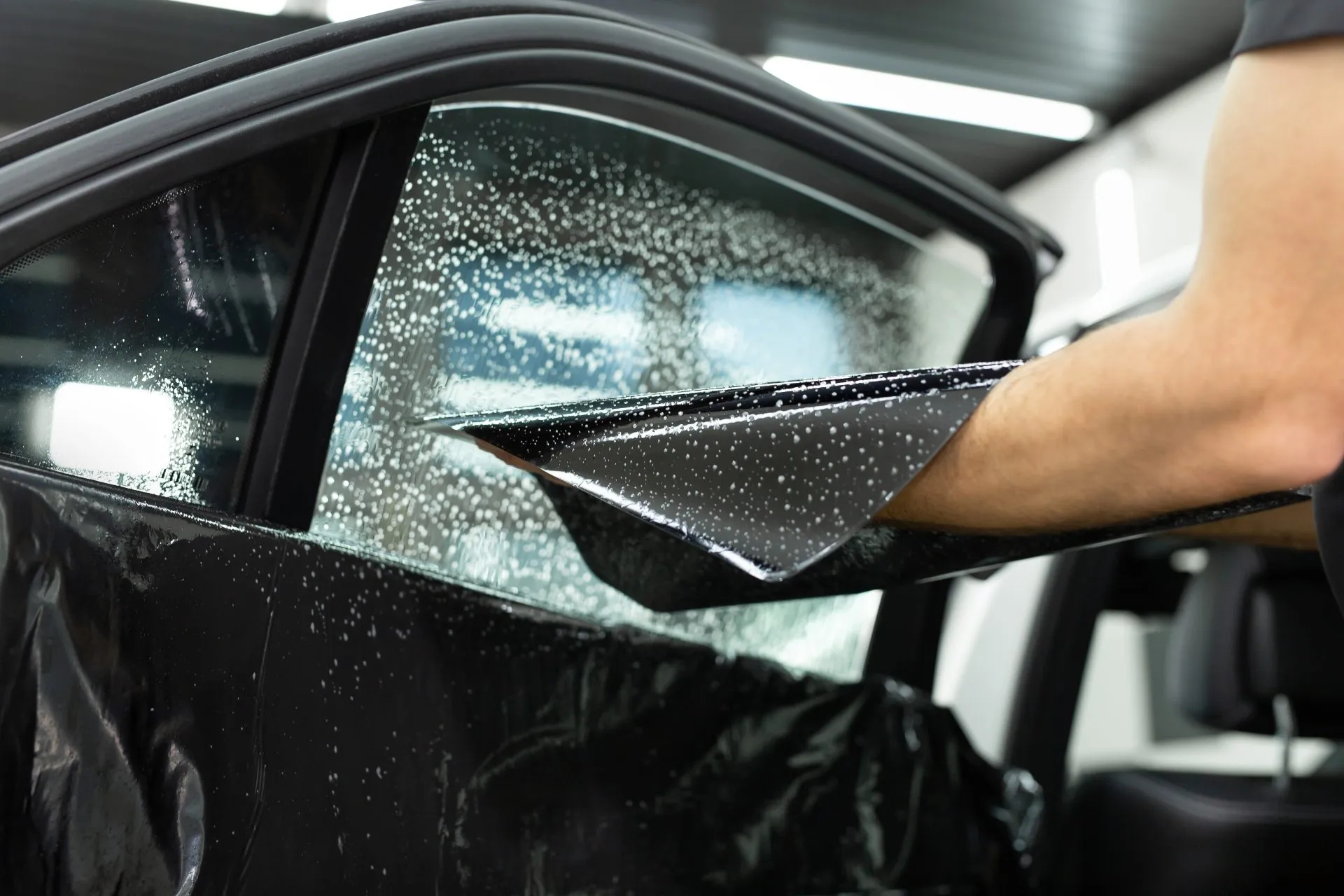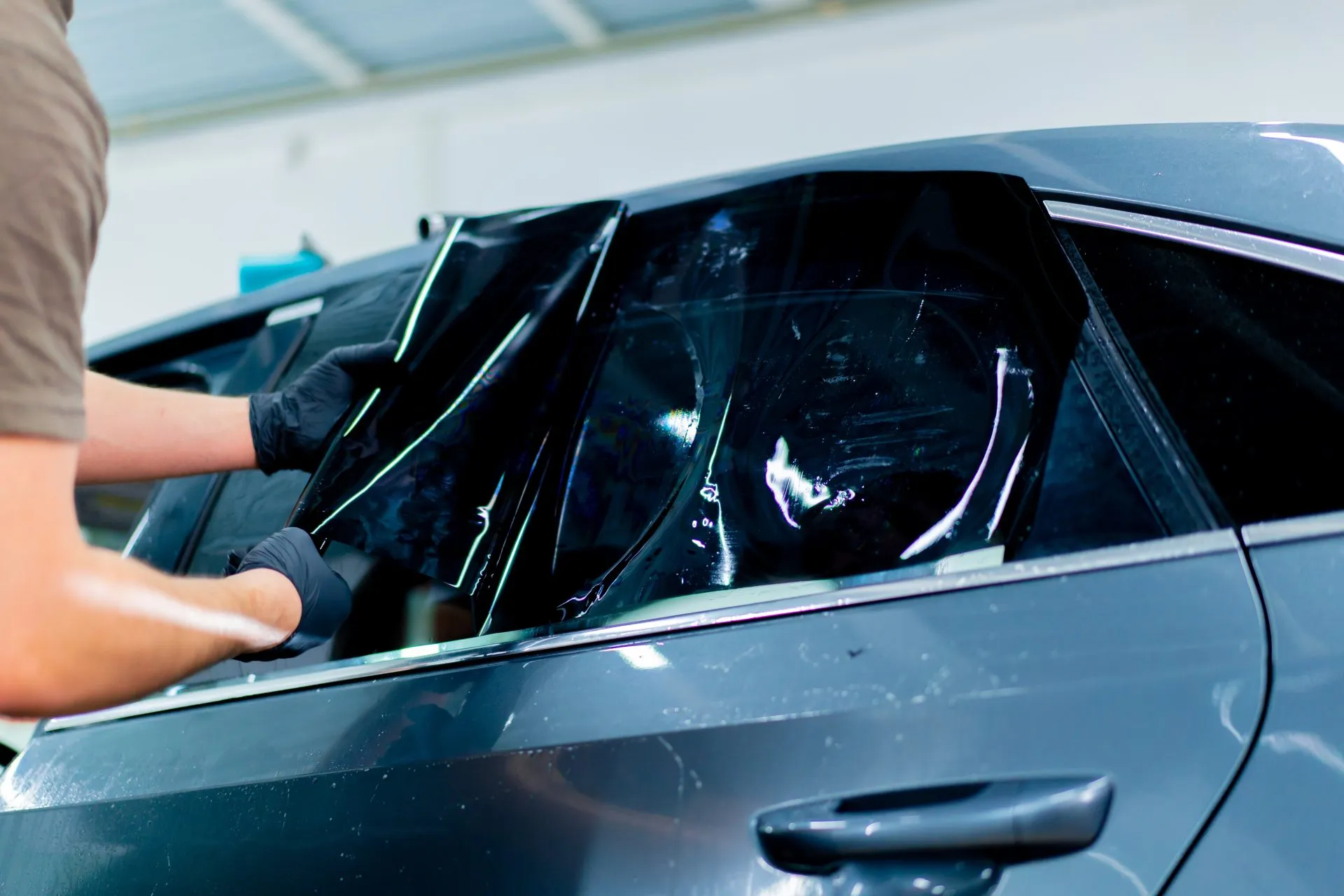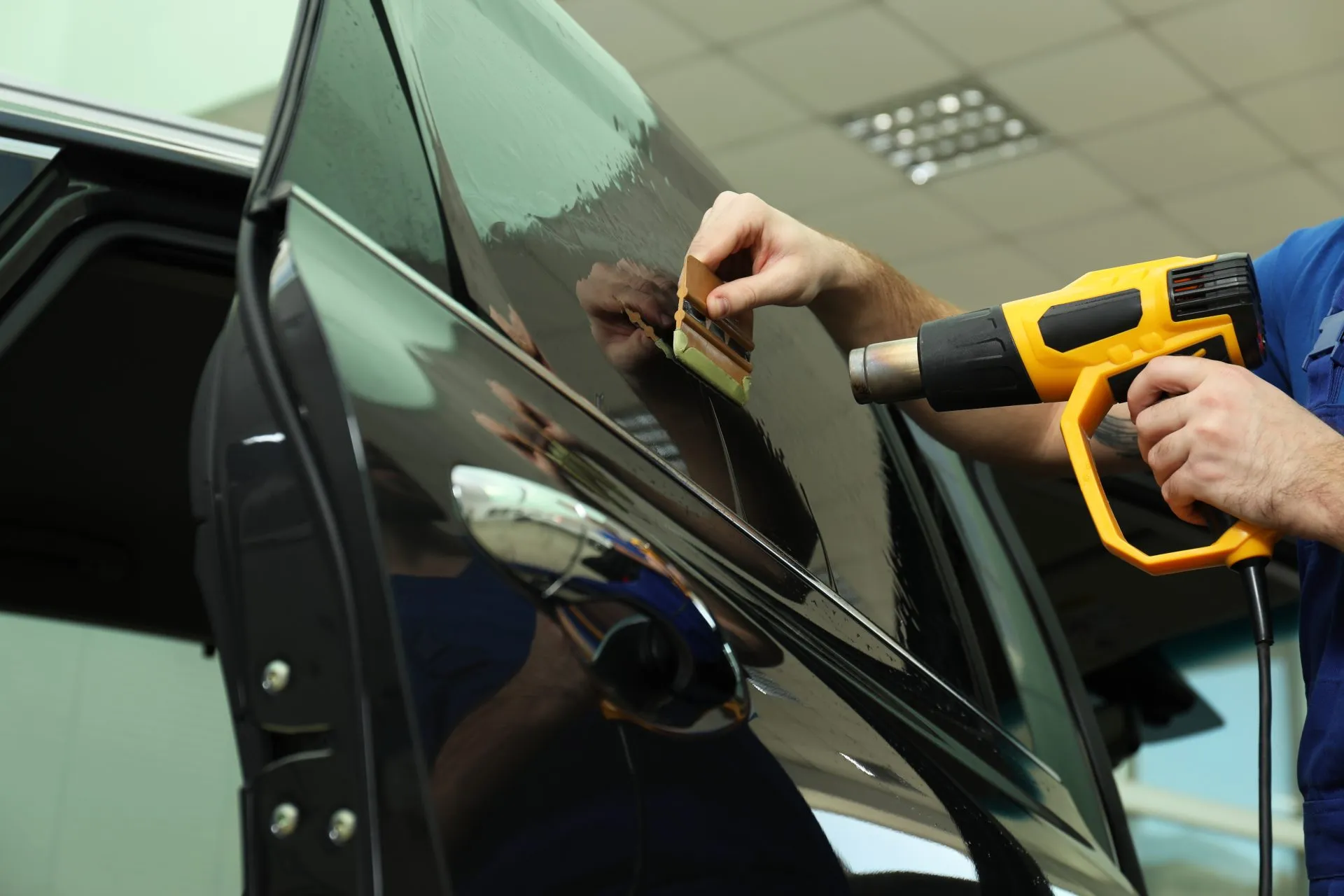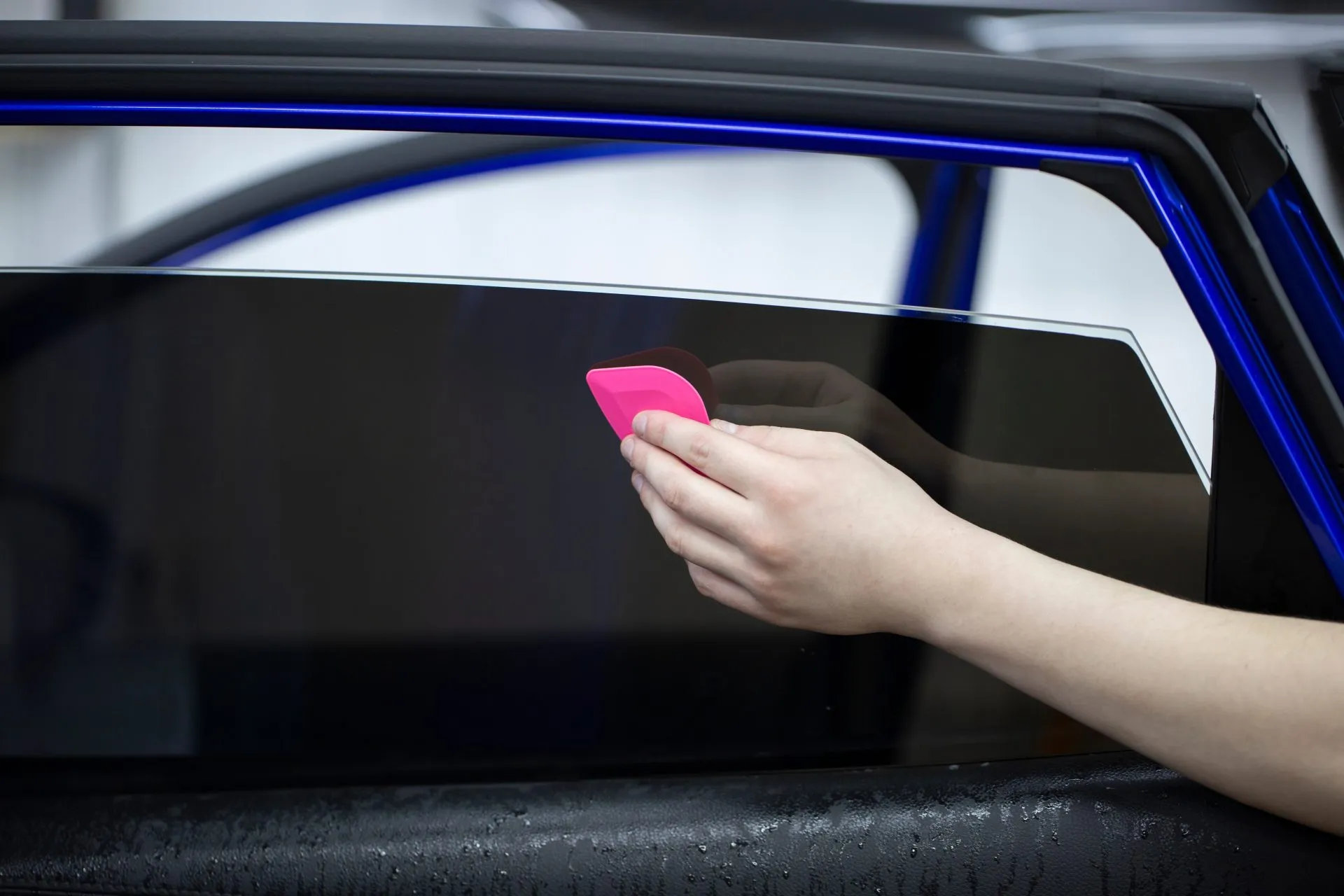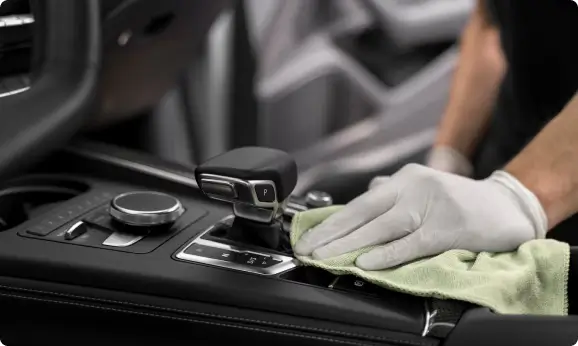UAE Car Window Tinting Rules: Dubai, Abu Dhabi & Company Cars
Tinting of car windows is a normal practice among drivers in the UAE. With the hot desert climate, it seems almost a necessity to have your car tinted. Tinting is used for privacy, ultraviolet protection, and for maintaining the temperature within the car. One needs to be aware of the car window tinting rules in UAE so as not to abuse the laws of the country. In every emirate, there is a different rule governing the extent to which one is allowed to tint, and the rules vary quite a bit.
In this post, we will provide you with a complete guide to the car tinting rules in UAE with a special focus on Dubai tinting rules as well as car tinting rules in Abu Dhabi. We will explain how they differ from the other emirates’ laws. With this knowledge, you will be able to make the correct decision for your car’s window tinting without having to pay unnecessary fines.
What are the Car Window Tint Laws in UAE?
Overview of Tint Laws in Dubai
Dubai tinting rules are supervised by the Roads and Transport Authority (RTA) on the grounds of safety and visibility. The regulation requires the front windshield to have 70% light transmission as a minimum (window film darkness is measured in percentage Visual Light Transmission, % VLT). The front side windows also need to comply with the same requirement. The back windshield and the rear windows could be darker but still have to fulfill safety conditions. Approved non-reflective films only need to be employed, and the process of tinting has to be completed by authorized installers.
Key Window Tint Percentages Allowed in Abu Dhabi
Abu Dhabi is no different from Dubai. The front windshield and the front side windows must allow 70% light entry. The rear windows can be darker, though. The authorities do conduct random checks, and offending vehicles are penalized. Drivers must ensure their vehicles meet standard so that they won’t get fined.
Comparison of Car Window Tint Laws in Other UAE Regions
While Dubai and Abu Dhabi are hardcore on tinting law, there may be differences elsewhere. Sharjah, for example, has the same legislation, but the smaller emirates may be more lenient. Drivers across the UAE should, however, consider local law because getting it right is important regardless of emirate.
What is the Legal Window Tint Percentage in UAE?
Understanding Tint Percentages for Different Windows
The legal tint percentages in the UAE vary with the type of window. The front windshield should have 70% light transmittance, and similarly, the front side windows should also possess the same. The rear windshield and rear windows may be of a different hue but should never hinder the driver’s view.
What Is the Darkest Legal Tint Allowed?
The darkest legal tint allowed on rear windows and back windshields can vary but generally allows for a significant reduction in light transmission. One should ensure, however, that such tints do not impair the driver’s sight and are legal in the local law.
Factors Affecting Window Tint Percentage
There are a variety of different factors that will influence the legal percentage of window tint, including vehicle make, usage (commercial or private), and whether or not there are any special features. Owners will have to look at local law to determine what factors pertain to their own available tinting.
It is important that prior to tinting the windows you understand that contrary to popular belief, the darkness (or VLT) of a film has nothing to do with its heat rejection. The solar heat protection depends on the type of film used and the product line chosen.
There are three main types of window film. The first and cheapest option are dyed films. These contain a dye which blocks some visual light, but does nothing in terms of heat rejection. This makes such films not ideal in the UAE. The better option are metallic and ceramic window films. Depending on the manufacturer and product, these have varying degrees of solar absorption and will help maintain the comfortable temperature in your car, as well as providing privacy.
How to Ensure Compliance with Window Tinting Regulations?
Steps to Check your State Tint Taws
To be within window tints legislation, motorists should be aware of what the specific legislation of their emirate is. They can find out all the details by visiting the RTA website or by contacting the local authorities to ask them for the latest updates.
Using Tint Meters for Compliance
You can check your car window tint using a tint meter to ensure it is legal. The meter tests the light transmitted through tints on windows, giving a true compliance test.
Common Mistakes in Car Window Tinting
Some of the typical mistakes include tint offenses through the use of prohibited tinting materials, non-compliance with proper percentage of light transmission, and neglecting to obtain proper certification from licensed professionals. Owners of motor vehicles will escape legal problems if they are knowledgeable about such errors.
What are the Penalties for Violating Window Tint Laws?
Fines and Legal Consequences for Tint Law Violations
Violating window tinting laws will draw penalties, varying in amount from emirate to emirate. In some cases, violations may draw more severe punishments, such as seizing vehicles.
How to Rectify Illegal Window Tint
If you have illegal window tint, the ideal is to get it removed by a trained technician. You may be requested to retint your windows after the tint has been removed so that your car’s tinting eventually complies with the local laws.
Customer Experiences with Window Tint Law Violations
Many drivers have been penalized for failing to comply with window tint regulations. For example, a driver may be fined for having the windshield tinted improperly. There’s a line marked on the windshield past which no tint can be present. It’s called the AS-1 line and is marked as such. The AS-1 line typically extends 5 inches from the top of the windshield. If your tint goes down below that line, it is most probably against the law.

Customers’ experiences point to the urgency of learning and complying with the law in an effort to avoid further penalties and hassle.
Can You Use Limo Tint on Your Vehicle?
Understanding the Regulations for Limo Tint
If you enjoy privacy and want to tint your windows more than they currently are (the average tint threshold is 35%), you may consider blackout tint, reflective tint, or limo tint. However, in this case, you may have trouble with the UAE police.
Limo tint, being extremely dark, would not normally be permitted on front side windows and front windshields in the UAE. It may be used on rear windows, based on individual emirate’s legislation.
Differences between Limo Tint and Standard Tint
Limo tint is significantly darker than regular tint and will damage eyesight. Tinting your windows to 5% will make it nearly impossible for you to see at night. You will probably have to roll down the windows in order to pull out of the driveway. So, though limo tint will give an owner privacy and exclude heat, it is closely regulated for safety reasons for drivers.
Considerations for Tinted Windows in Commercial Vehicles
Commercial vehicles can have varying legislation concerning window tints. Businesses should comply with company car window tinting rules in UAE but also consider the drivers’ and passengers’ comfort.
How Do Window Tinting Laws Vary by State?
Overview of Window Tint Laws by State
Window tints in the UAE vary not just emirate by emirate but even vehicle by vehicle. It is better to know how they differ in order to remain in compliance.
How to Check your State’s Laws for Compliance
Drivers can locate their emirate’s law on government websites or traffic department websites in the country. In this manner, they will be certain to get the most up-to-date and accurate information regarding window tint laws.
Interactive Tint Laws by State Chart
An interactive chart of window tint laws by state might be a useful tool for motorists.
The chart typically lays down the permissible percentage for tinting and special rules for each emirate so that car owners can choose the right option for their car window tint. The chart can be referenced to determine whether there is any difference of law in the UAE and adhere to it, both as a question of safety measures and evading legal issues.
Through observing the UAE rules and regulations regarding car window tinting, car owners can use tinted windows and be consistent with local regulations at the same time. One should always have the services of approved installers and keep an eye on legislations that are likely to influence window tinting.
So, if you’re considering enhancing your vehicle’s style and comfort while staying compliant with local regulations, explore our car window tinting services in Dubai and Abu Dhabi to ensure you make informed decisions today!

